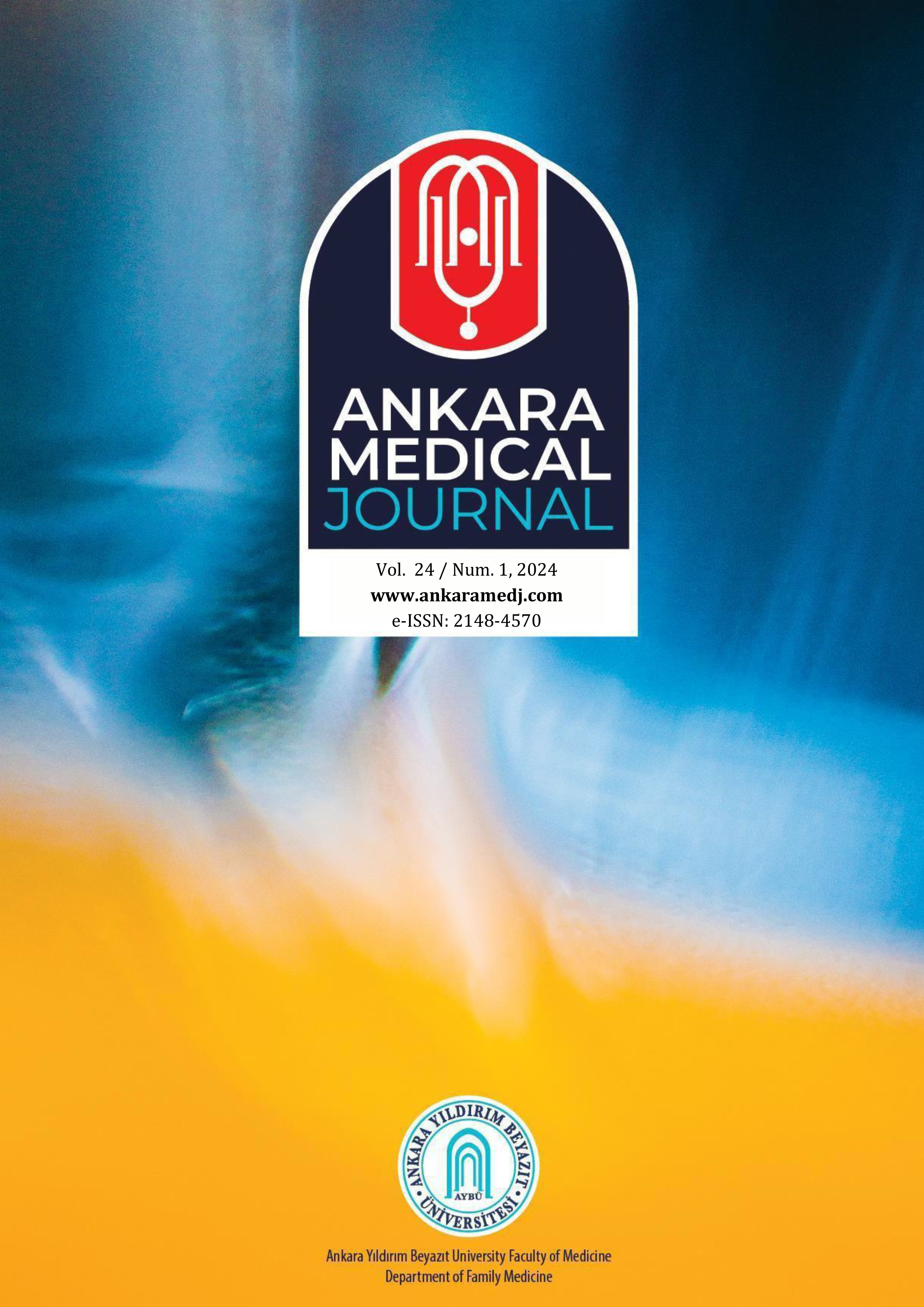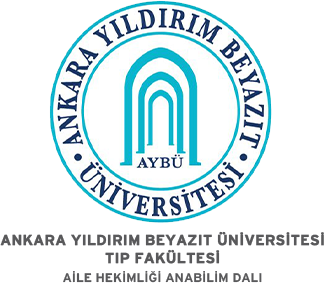Anxiety, Depression and Sleep Disturbance in Health Care Workers Taking Nasopharyngeal Swab Samples for COVID-19
Burcu Aykanat Yurtsever1, Ceyhun Yurtsever1, Mehmet Halit Baykal21Kanuni Training and Research Hospital, Family Medicine Clinic, Trabzon, Turkey2Rize Provincial Health Directorate, Public Health Services Presidency, Rize, Turkey
INTRODUCTION: Health care workers (HCWs) fighting COVID-19 are at high risk of transmission. This risk and the increased workload place a heavy burden on HCWs. We aimed to determine anxiety, depression, and sleep disorders in HCWs who form mobile health units (MHUs) assigned to take samples for COVID-19 screening in Rize, Turkey.
METHODS: A single-center, a web-based questionnaire was conducted between 20 July - 25 August 2020, in which MHUs on duty with a nasopharyngeal swab sampling were included. Demographic characteristics and information about the MHUs mission and related to the COVID-19 pandemic were collected, and anxiety, depression, and sleep quality were evaluated by Beck Anxiety Inventory (BAI), Beck Depression Inventory (BDI) and Pittsburgh Sleep Quality Index (PSQI). One hundred thirty participants were included in the study.
RESULTS: HCWs' median BAI, BDI and PSQI scores were 6, 10 and 5.5, respectively. The frequencies of anxiety symptoms, depression symptoms and sleep disturbances were 45.38%, 53.08% and 50%, respectively. Both the severity and frequency of anxiety and sleep disorders increased as the number of people sampled by healthcare professionals increased and prolonged the working time in the MHUs. Those who suspect they have had COVID-19 at any time and were concerned about transmitting COVID-19 to their family or friends had higher anxiety and sleep quality scores.
DISCUSSION AND CONCLUSION: In this study, high rates of anxiety, depression, and sleep disturbances were observed in HCWs. Special interventions to protect mental health will be beneficial for HCWs at risk of transmission.
Corresponding Author: Burcu Aykanat Yurtsever, Türkiye
Manuscript Language: English
(357 downloaded)





